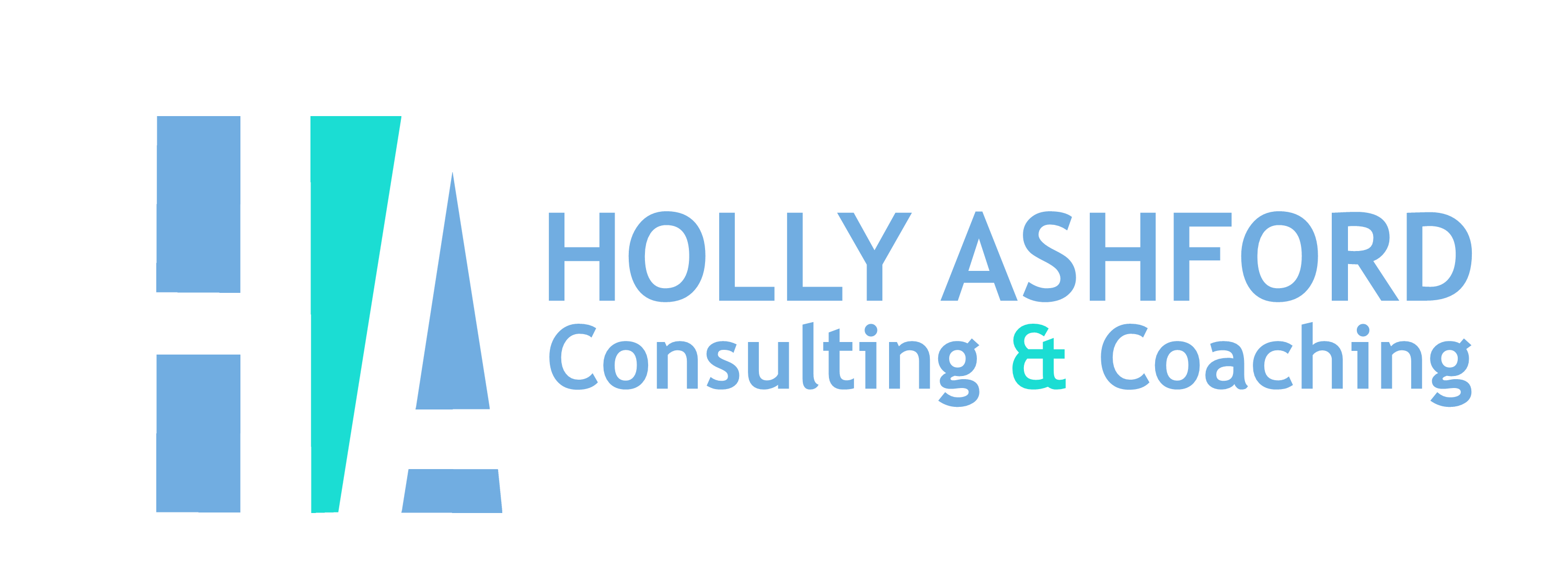
How to answer the most feared interview question (and earn brownie points in the process...)
I’ve listened to some terrible customer service calls in my time. At one of my previous companies we had some real howlers. Our associates would start by failing to listen to the customer and ignoring their obvious frustrations. They would proceed to give out information which was usually confusing and sometimes plain wrong. Then, just as the caller was ready to find a dark room to lie down in, our guy would ask, “And did I deal with your call satisfactorily today?”
I banned this question. It was a fig leaf for failure. If you didn’t have the skills to know whether you’d satisfied the customer’s needs then you were in the wrong job. As one customer succinctly put it, “If you have to ask me that then the answer is NO!”
I have a similar theory about being asked to share your development needs in an interview. The question normally comes towards the end, after you’ve spent forty minutes describing your most significant professional experiences. The subtext of the question is “Are you self-aware?”, and if you’ve got this far without alluding to some of your growth areas then the answer will appear to be no.
And the worst thing is that you’ve missed a great opportunity, because weaving your development areas into your best examples is a great way of dealing with them in an interview. More on that in a minute, but first let’s see it through the interviewer’s eyes.
Recruitment is about reducing risk. Bringing in the wrong person can disrupt the performance of the whole team. To reduce a risk you need information, and that can be a scarce commodity in the recruitment process: personal references are by nature subjective, company references are defined by their brevity, and the claims made in a CV can be difficult to verify. That’s why interviews are so important, but they too are flawed. An hour isn’t long for a candidate to maintain a pretence of flawless execution; most of us have had enough successes to avoid going near the failures that might give the interviewer the balanced view that he or she craves.
Hence the question about development needs. It’s the interviewer’s opportunity to peek behind the mask and see what’s really going on. Does someone avoid confrontation, are they ineffective when presenting to senior audiences, are they flaky with data, do they prefer starting projects to finishing them? Managers know that every candidate has one or more of these blind spots; they are not seeking the perfect performer. It just helps them to know which development curves you will be ascending after they bring you in.
So here are three reasons why both the candidate and the interviewer benefit from having the development question answered before it’s asked –
- You show self-awareness and honesty. By pausing halfway through a story of success to point out something that you missed, you show that you understand your development needs and that you have the openness to disclose them unprompted. This builds the interviewers’ confidence in everything else you’re saying, and that moves you closer to an offer.
- You provide context. By stating growth areas as part of a detailed competency answer, you demonstrate that you are effective in spite of them, and you can show that you are on a path to overcoming them. If you describe development needs as the answer to a standalone question then they can seem dispiriting and you risk them defining you in the interviewer’s mind.
- You end on a high. Once the D-bomb has been defused you can get back to listing your strengths and your relevant experience. The “recency effect” tells us that the last few exchanges in a conversation have a more lasting impact than what is said in the middle, so saving development needs for the end isn’t a good strategy.
One more thing: make sure you call out these growth areas clearly. If you try and sneak them in under the radar then they won’t register with the interviewer and you’ll miss out on the benefits of sharing them openly. So talk plainly about how you identified the behaviours and skills that you’re working to improve upon, for example, “I learned from this experience that my influencing needs to be a lot more proactive, and that’s something I’ve worked on to this day.” Explain something you’ve done recently to enhance your performance in this area, and then get back to describing your career highlights!
Because when it comes to development, if they have to ask then the answer may be no.
If this resonates with you and you want 2017 to be the year where you land your ideal role, then look no further. Our Career Coaching packages will take you through a step-by-step approach to:
- understand what roles suit your unique blend of personality, values and skills
- confidently tailor your experiences so that you can answer any interview question that’s thrown at you
- prepare for the day itself so you're confident and perform at your very best
If you want to chat about this further then simply contact me at [email protected] - I'd love to help you!
Holly
Your Business & Career Coach - helping you and your business reach their potential

